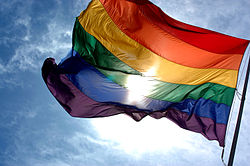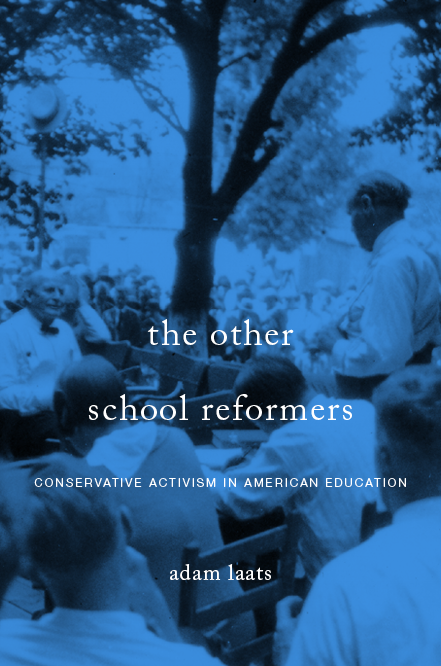Governor Mike Huckabee is not alone.
As we’ve noted, the former governor of Arkansas and prominent conservative radio personality denounced the lack of prayer and Bible-reading in public schools. Such a-religiosity, Huckabee declared, must be part of the reason for last week’s terrible school shootings in Connecticut.
More recently, Bryan Fischer, public face of the conservative American Family Association, echoed Huckabee’s sentiments. In this video posted by the watchdog group RightWingWatch, Fischer intoned, “Back when we had prayer, the Bible, the Ten Commandments in school, we did not need guns.” In a follow-up article on the AFA website, Fischer offered similar explanations:
“The truth may be that God was made unwelcome and left. God submits himself to the law of faith, and will not go where he is not wanted. He will not force us to put with him if we don’t want him around. It may be that his protective presence is being removed from our land and from our schools because he has been told repeatedly that his protective presence is not wanted.
“We have, as a culture, systematically booted God from our public schools for over five decades.. In 1962, the Supreme Court issued a diktat that American schools could no longer seek his help and protection. In 1963, the Supreme Court issued a second diktat prohibiting the reading of his Word in our public schools. And in 1980, the Supreme Court issued a third diktat prohibiting the display or teaching of the Ten Commandments, God’s abiding and transcendent moral standard for human conduct.
“So God is no longer prayed to, his counsel is no longer sought and his standards are no longer respected. Is it any wonder that he might not be around when we need him? If we have spent 50 years telling him to get lost, it should not come as a surprise that we eventually begin to feel the absence of his powerful presence.”
Fischer’s evocation of 1962 as a major turning point in American culture is one that resonates deeply among conservative evangelical Protestants in the United States.
Yet among the broader culture, the year does not have the same dramatic power. This was noticed by conservative evangelicals at the time, as well.
First of all, for evangelicals at the time, it was not 1962, but 1963 that was the real watershed. In 1963, after all, the US Supreme Court’s decision in Abington Township School District v. Schempp ruled that public schools may not lead devotional Bible readings or teacher-led classroom prayers.
The similar but distinct 1962 decision, Engel v. Vitale, was actually welcomed by many evangelical leaders. In that decision, SCOTUS ruled that the state could not impose an ecumenical state-written prayer on public schools.
As I argue in my recent article in the Journal of Religious History, evangelical intellectuals at the time could not understand the widespread mainstream indifference to the US Supreme Court’s Schempp decision in 1963, especially when contrasted with the popular uproar that met 1962’s Engel decision. The article is subscription-only, but here is a small snippet:
“A Moody Monthly poll of evangelical editors in early 1964 found that they considered the Schempp decision the most important event of 1963, outranking the year’s civil-rights activism and Birmingham’s 16th Street Baptist Church bombing in importance to American culture and society.[i] Yet compared to the popular outrage against the Engel decision, the Schempp decision caused less public protest.[ii] As the editors of Christianity Today noted in the aftermath of the Schempp decision, ‘Why church leaders and the public at large took the broader 1963 decision more calmly deserves nomination for the mystery of the year.’”[iii]
It is difficult to know what to say in the wake of an event like the recent school shootings. The public remarks of prominent conservative Christians such as Governor Huckabee and Bryan Fischer demonstrate the deeply held feelings among many Americans that the SCOTUS decisions of 1962 and 1963 put America on a woeful path. Public schools, many feel, must embody the religious traditions of the nation. Not only as history or literature, but as guideposts for morality and prayer life.
As Fischer’s comments illustrate, it is not the specifics of the SCOTUS decisions of 1962 and 1963 that matter to conservatives, but the notion that mainstream America has turned its back on God by kicking God out of public schools.
[i] “Report: The Month’s Worldwide News in brief,” Moody Monthly 64 (January 1964): 8.
[ii] Donald E. Boles, The Two Swords: Commentaries and Cases in Religion and Education (Ames, IA: Iowa State University Press, 1967), 111-112.
[iii] “Compliance, Defiance, and Confusion,” Christianity Today 8 (11 October 1963): 34.





